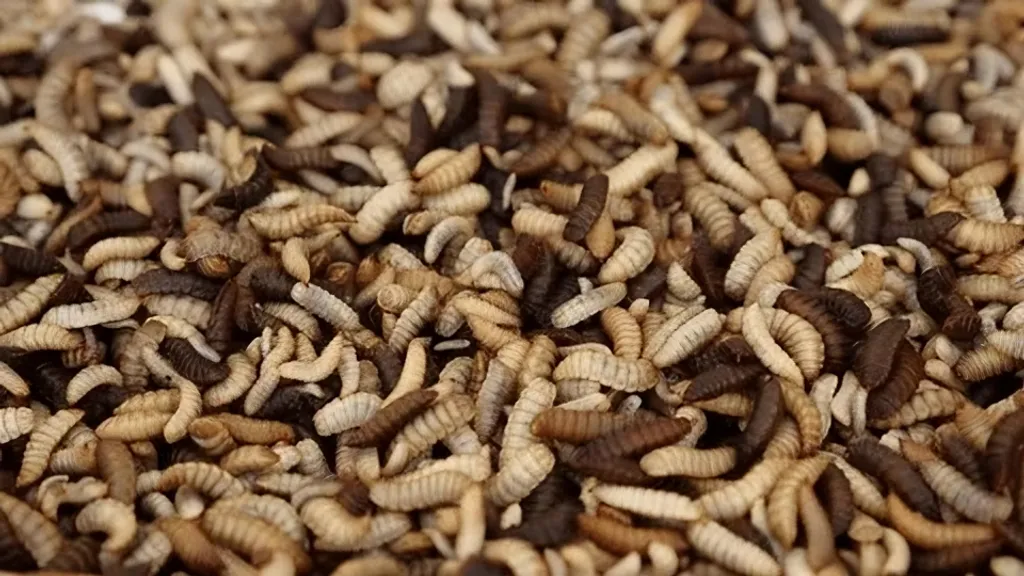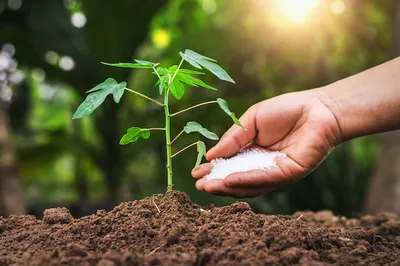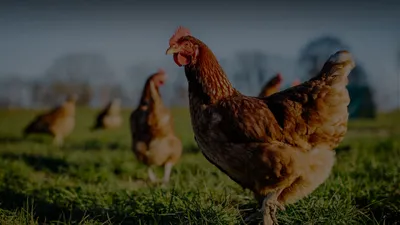In a world increasingly seeking sustainable solutions, the Black Soldier Fly (BSF) emerges as a pivotal player in organic waste management. These insects are exceptional recyclers, transforming organic waste into high-quality feed and valuable fertilizer.
Efficient Waste Recyclers
The BSF larvae consume decomposing organic matter, converting it into protein-rich feed for animals and nutrient-dense fertilizer. Their short lifecycle and self-sustaining capabilities make BSF a viable and sustainable option for waste management.
Transforming Waste into Resources
BSF larvae transform organic waste into two valuable products: insect protein for animal feed and biofrass, a rich organic fertilizer. This conversion helps reduce landfill waste and promotes a circular economy.
BSF in Waste Management
Lifecycle and Reproduction: BSF has a lifecycle of about 45 days, from egg to adult. A single female can lay around 500-900 eggs in her lifetime, ensuring a continuous supply of larvae.
Nutritional Value: BSF larvae are rich in protein (up to 42%) and fat (up to 35%), making them an excellent alternative to traditional animal feeds such as soy and fishmeal. The larvae also contain essential amino acids and minerals, beneficial for animal growth and health.
Environmental Impact: The use of BSF in waste management can reduce greenhouse gas emissions significantly. Studies show that BSF composting emits 47% less CO2 compared to traditional composting methods. Furthermore, BSF larvae can help mitigate the spread of pathogens by outcompeting harmful bacteria in the waste.
Applications and Benefits
Animal Feed: The protein and fat content of BSF larvae make them a sustainable and cost-effective substitute for conventional feed ingredients. They are particularly beneficial in aquaculture, poultry, and pig farming.
Biofrass as Fertilizer: The frass (larvae excrement) produced is a nutrient-rich organic fertilizer, enhancing soil health and promoting sustainable agriculture. It contains high levels of nitrogen, phosphorus, and potassium, essential for plant growth.
Economic Viability: BSF farming requires relatively low investment and can be scaled according to available resources and waste input. This makes it an accessible and profitable venture for both small-scale farmers and large-scale waste management operations.
Circular Economy: The integration of BSF in waste management systems supports the principles of a circular economy. By recycling organic waste into valuable products, BSF farming reduces the dependency on finite resources and minimizes environmental impact.
.jpg)



